
One called China an “existential threat.” Another called for a “whole-of-society effort” to confront China and was sanctioned – twice – by Beijing. A third claimed the Chinese military was “specifically dedicated to defeating the United States of America.”
US President-elect Donald Trump’s proposed cabinet is stacked with so-called China hawks who have made clear an ambition to confront America’s ascendant superpower rival in nearly every policy realm, from the economy to security.

But unlike at Trump’s previous inauguration eight years ago, Chinese leaders may not be caught off-guard by a more confrontational approach.
Instead, experts say this time around Beijing is more experienced in dealing with the transactional leader and the ideological hardliners around him – and may seek to establish back-channels through more China-friendly figures in Trump’s inner circle, such as Elon Musk.
Observers of China’s foreign policy have no illusions about the potential downward trajectory of relations under Trump, who on the campaign trail threatened to slap Chinese imports with upwards of 60% tariffs. This week he said he would impose an additional 10% tariff on Chinese goods on top of all existing levies.
“If you look at Trump’s team, most, if not all, are China hawks. The appointed officials are likely to pursue a hardline policy to bring competition with China to a new level,” said Yun Sun, director of the China program at the Stimson Center in Washington. “I don’t think Beijing sees any of them as good news.”
But some foreign policy thinkers in China believe the president-elect ultimately still wants to make a deal with China – and may be more flexible than his cabinet picks suggest.
Trump is known to be more concerned about the economic challenge from China, while many officials in the incoming administration – from the National Security Council to the departments of state and defense – are preoccupied with the military and security challenges China poses, said Hal Brands, professor of global affairs at the Johns Hopkins School of Advanced International Studies.
“The interesting question is whether they can use Trump’s general economic hawkishness on China to drive through policies that are strong and assertive on the security dimensions, or whether Trump makes that difficult because he’s just less interested in those aspects of US-China policy,” Brands said.
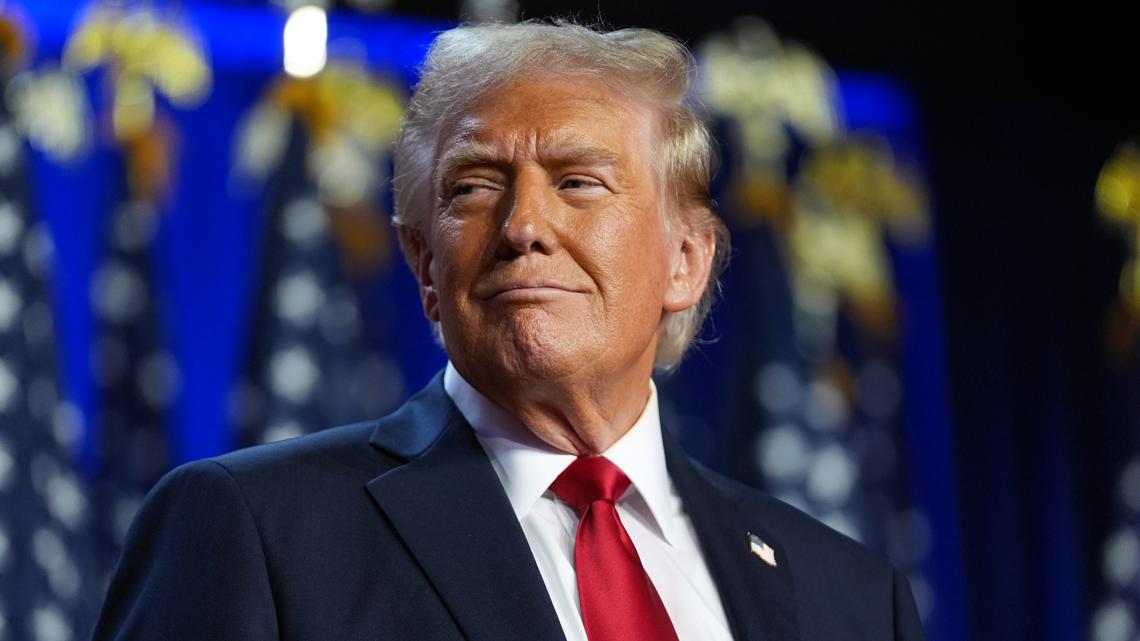
Trump’s pick for national security adviser, Rep. Mike Waltz, has declared twice in recent years that the Chinese Communist Party is in a “cold war” with America. His nominee for secretary of state, Sen. Marco Rubio, is known in China as the “anti-China vanguard” and currently sanctioned by Beijing. Pete Hegseth, the former FOX News host tapped for defense secretary, has warned that China is bent on defeating the US and achieving global domination.
Wu Xinbo, director of the Center for American Studies at Shanghai’s Fudan University, said it’s important for Beijing to distinguish Trump’s hawkish advisers from the president-elect himself.
“Many of the hardliners indeed want a full confrontation and decoupling with China, but is that truly Trump’s objective for US-China relations? If not, their policy actions may be tempered by Trump himself,” he said.
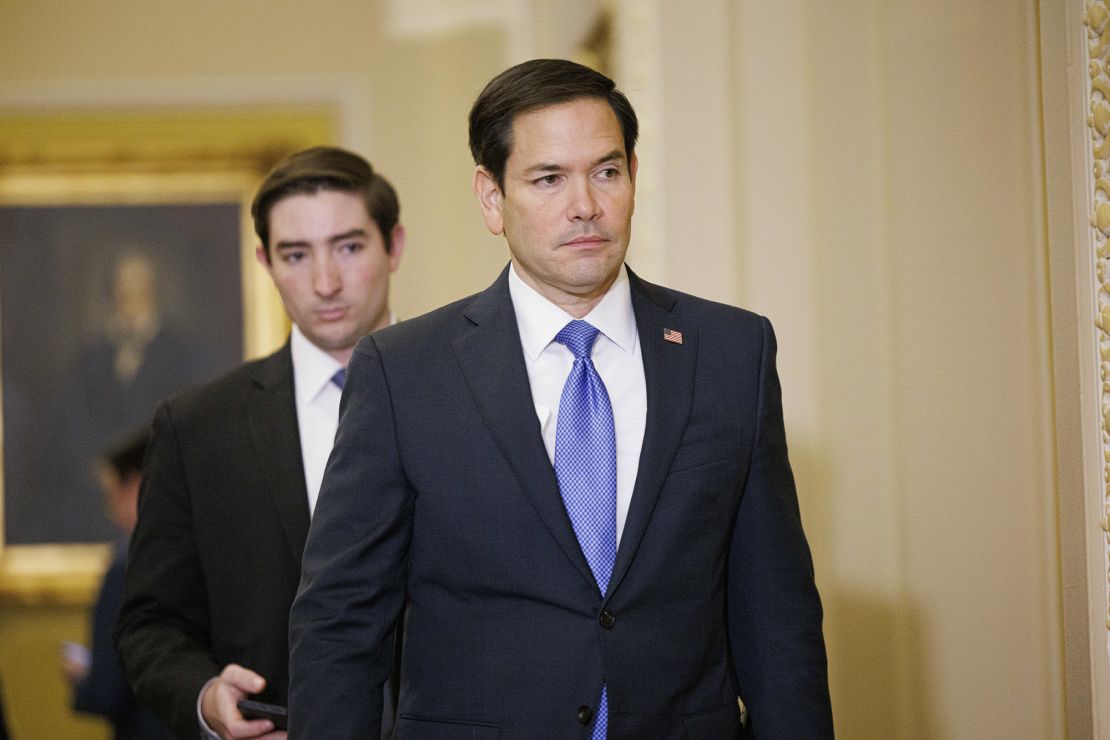
The Musk factor
The lineup of China hawks in the incoming administration will likely add to the urgency for Beijing to find alternative channels to Trump’s ear, starting with Elon Musk.
The billionaire founder of Tesla has extensive business interests in China, where his company makes half its electric vehicles. Musk is often invited to meet Chinese officials on his trips there.
“Everyone is watching what role Elon Musk will play on China,” Sun said. “China definitely wants him to be at least a channel of communications and potentially play a positive role.”
Musk often echoes some of Beijing’s talking points, such as maintaining a healthy “win-win” economic relationship and even calling Taiwan an “integral part of China.” The future success of a key Musk business like Tesla could hinge on what course relations between the world’s two largest economies take over the next four years.

But it remains unclear whether Musk is willing, or able, to sway US policy in favor of China.
“It seems the role that Trump carved out for him is more on the government efficiency front, so I don’t expect Musk to have a prominent role in foreign affairs,” said Lyle Morris, a senior fellow at the Asia Society Policy Institute.
“Although given Elon’s significant business interests in China, I imagine Trump will listen to Elon’s views on the US-China business relationship.”
Either way, Beijing will be bracing for a rocky road ahead. Economists have warned that Trump’s threatened 60% tariffs could deliver a body blow to China’s sputtering economy and cut its growth rate by half.
Trump’s pick for treasury secretary, hedge fund executive Scott Bessent, has called tariffs “a useful tool for achieving the president’s foreign policy objectives” and has described Trump’s threat as a “maximalist negotiating position.”
Jamieson Greer, who’s been nominated as the US trade representative, served as chief of staff to Robert Lighthizer, an arch protectionist who led the trade war with China during Trump’s first term. In previous comments, Greer has echoed Lighthizer’s tough stance on Beijing and advocated “strategic decoupling” from China.
Wu, from Fudan University, said China “must be prepared for some serious challenges that may arise in China-US relations. Whether in trade, diplomacy or security, the situation is all pretty grim.”

The first tricky question for Beijing is what to do with the sanctions on Rubio, imposed in tit-for-tat retaliation for US penalties against Chinese officials over crackdowns in Xinjiang and Hong Kong.
Rubio is set to become the first sitting US secretary of state to have been sanctioned by Beijing, raising the question of whether he will even be able to visit China as the top US diplomat.
Experts in both the US and China are divided over whether Beijing will lift the sanctions on Rubio. But most agree the Chinese government has the pragmatism to not let them get in the way of diplomatic protocols.
And in the eyes of Beijing, Rubio is not even the worst pick, according to Chinese experts.
“Many in China breathed a sigh of relief when Trump announced he won’t invite (former Secretary of State Mike) Pompeo to join his new administration,” Wu said. “In some way, he was a direct catalyst for the deterioration of China-US relations.”
Pompeo, who once called on Chinese people to join an international effort to “change the behavior” of their government, was sanctioned by Beijing along with more than two dozen former Trump-era officials when Biden took office.
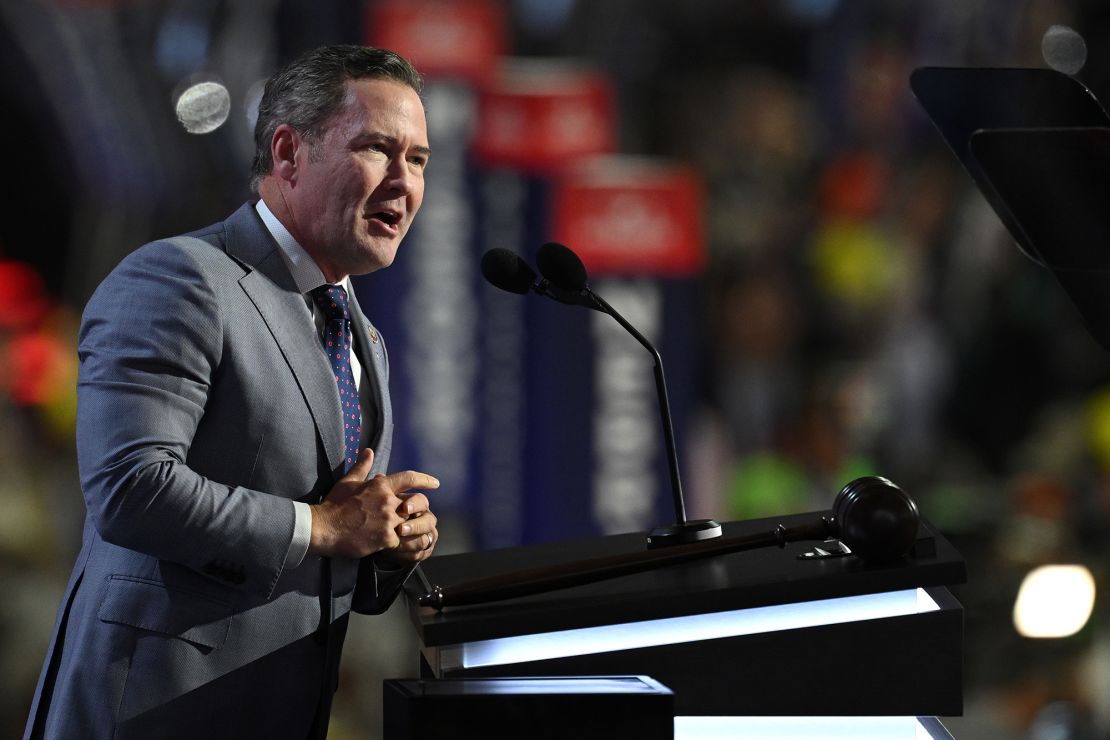
Taiwan and ‘red lines’
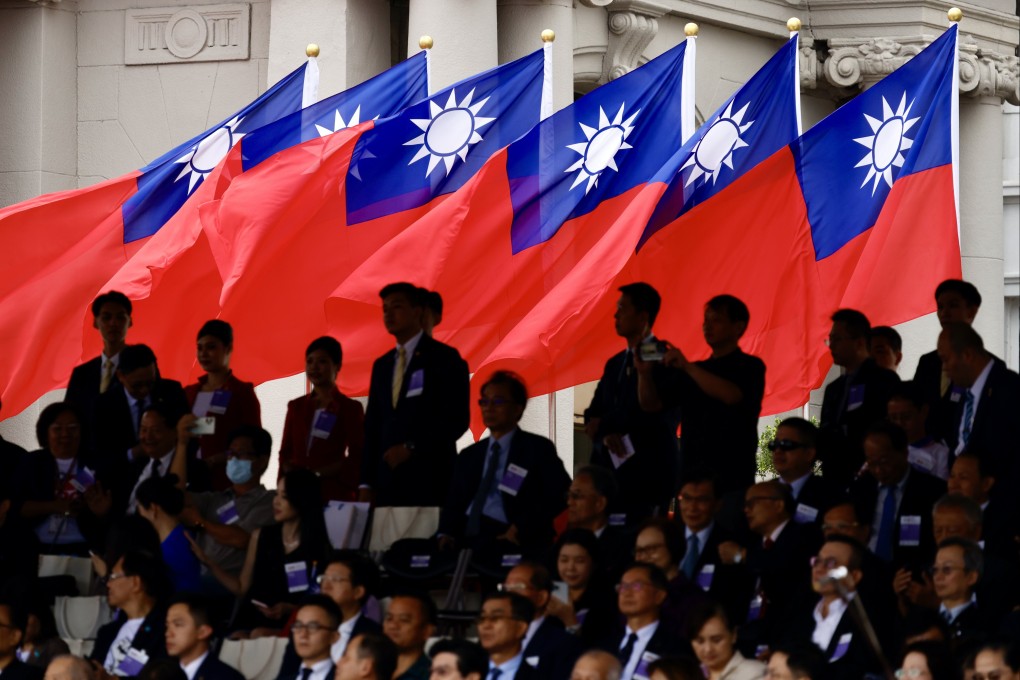
Some Chinese experts argue that Beijing now has a deeper understanding of Trump’s playbook and is better prepared to deal with his second presidency.
“China is no longer the same as it was eight years ago when Trump first took office, either in terms of mindset, strength or international standing. China has gained more status and confidence,” said Wang Yiwei, a professor of international studies at Renmin University in Beijing.
“We now understand Trump’s personality – once China shows weakness, he will push further. Therefore, China absolutely cannot make concessions, especially at the beginning.”
Chinese leaders will be particularly concerned about Trump’s new foreign policy team’s stance on Taiwan, the reddest of red lines for Beijing.
Rubio has been a steadfast supporter of Taiwan, a self-governing democracy Beijing has vowed to bring under its control, by force if necessary. He has pushed for a raft of legislation to strengthen ties between Washington and Taipei, including fast-tracking US arms sales to the island.
Taiwan President Lai Ching-te congratulated Rubio on his nomination in a post on X, thanking him for his “staunch support for Taiwan” and expressing anticipation for “furthering Taiwan-US relations.”
National security pick Waltz, meanwhile, has urged the next US president to bring the conflicts in Ukraine and the Middle East to a “swift conclusion” and focus strategic attention on Asia to better prepare for a potential Chinese invasion of Taiwan – a stance that Trump running mate JD Vance also repeatedly voiced on the campaign trail.
But that doesn’t mean Trump – whose “America First” agenda has promoted a more isolationist foreign policy – will spoil for an overseas fight. Instead, he has long viewed alliances and Washington’s historical commitments in more transactional terms, while often praising autocratic overseas leaders.
On the campaign trail, Trump accused Taiwan of “stealing” the chip industry from the US and said that the self-governing democracy should pay the US for protection.
Industry experts say Taiwan grew its own semiconductor industry organically through a combination of foresight, hard work and investment. And the island has purchased the vast majority of its weaponry from US arms manufacturers over recent decades. But Trump’s campaign rhetoric nonetheless hinted at a more transactional approach to Taiwan.
Asked by The Wall Street Journal in an interview if he would use military force against a blockade of Taiwan by China, Trump said it would not come to that because Xi respected him and knows he’s “crazy.” Instead, he said he would slap 150% to 200% tariffs on Beijing.
Wang, the professor at Renmin University, said whatever their ideological leanings, Trump’s cabinet picks will ultimately have to comply with his vision.
“I believe Trump is willing to make deals with China, and he will ensure his team stays on course,” he said.
Trump ups the ante on tariffs, vowing massive taxes on goods from Mexico, Canada and China on Day 1
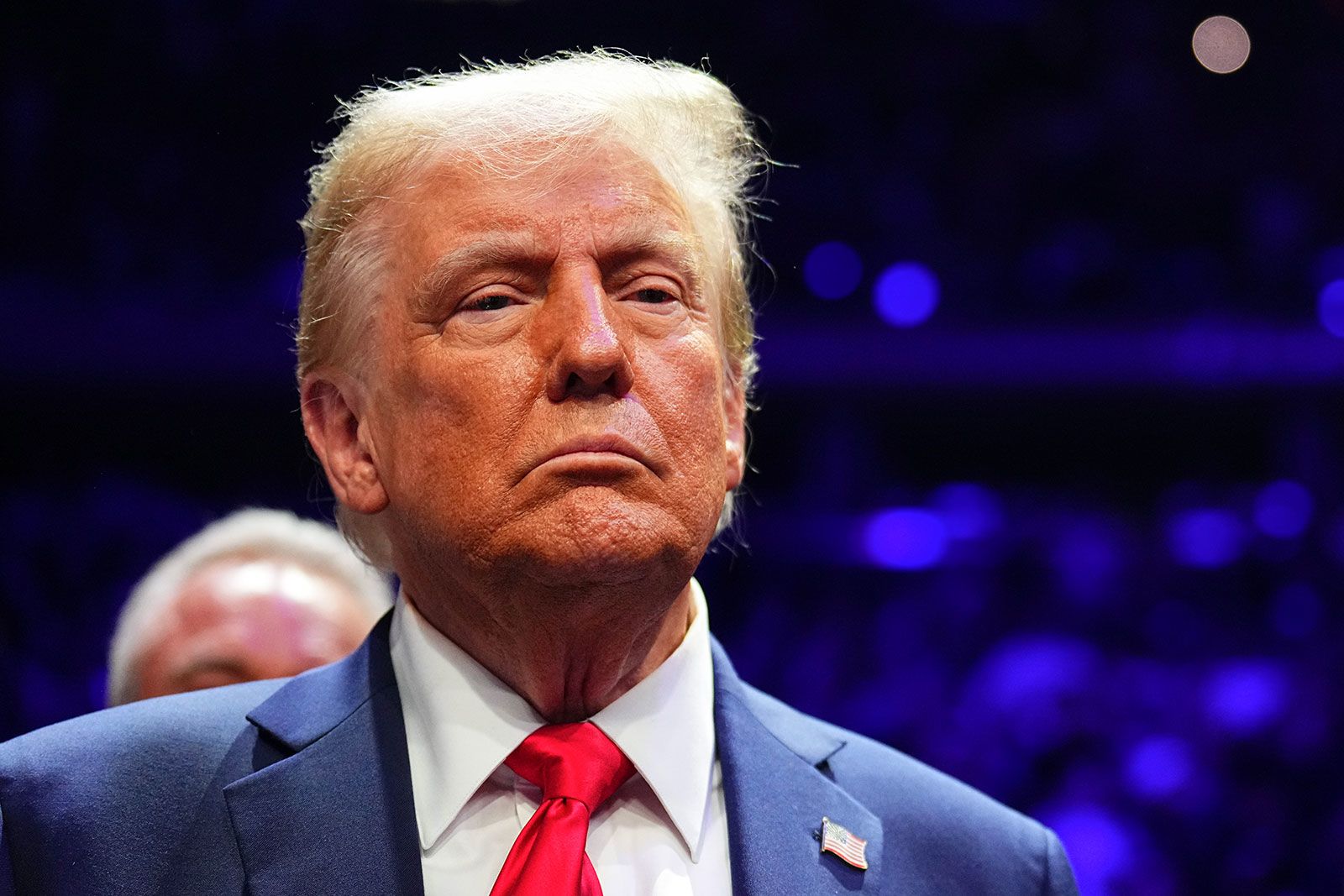
“I have had many talks with China about the massive amounts of drugs, in particular Fentanyl, being sent into the United States – But to no avail,” Trump posted on Truth Social.
The president-elect claimed in the post that Chinese officials promised him the country would execute drug dealers caught funneling drugs into the United States but “never followed through.”
Responding to Trump’s announcement, Chinese Embassy spokesperson Liu Pengyu said his country has been in communication with the US about counternarcotics operations and that “the idea of China knowingly allowing fentanyl precursors to flow into the United States runs completely counter to facts and reality.”
“About the issue of US tariffs on China, China believes that China-Us economic and trade cooperation is mutually beneficial in nature. No one will win a trade war or a tariff war,” Liu said in a statement to CNN.
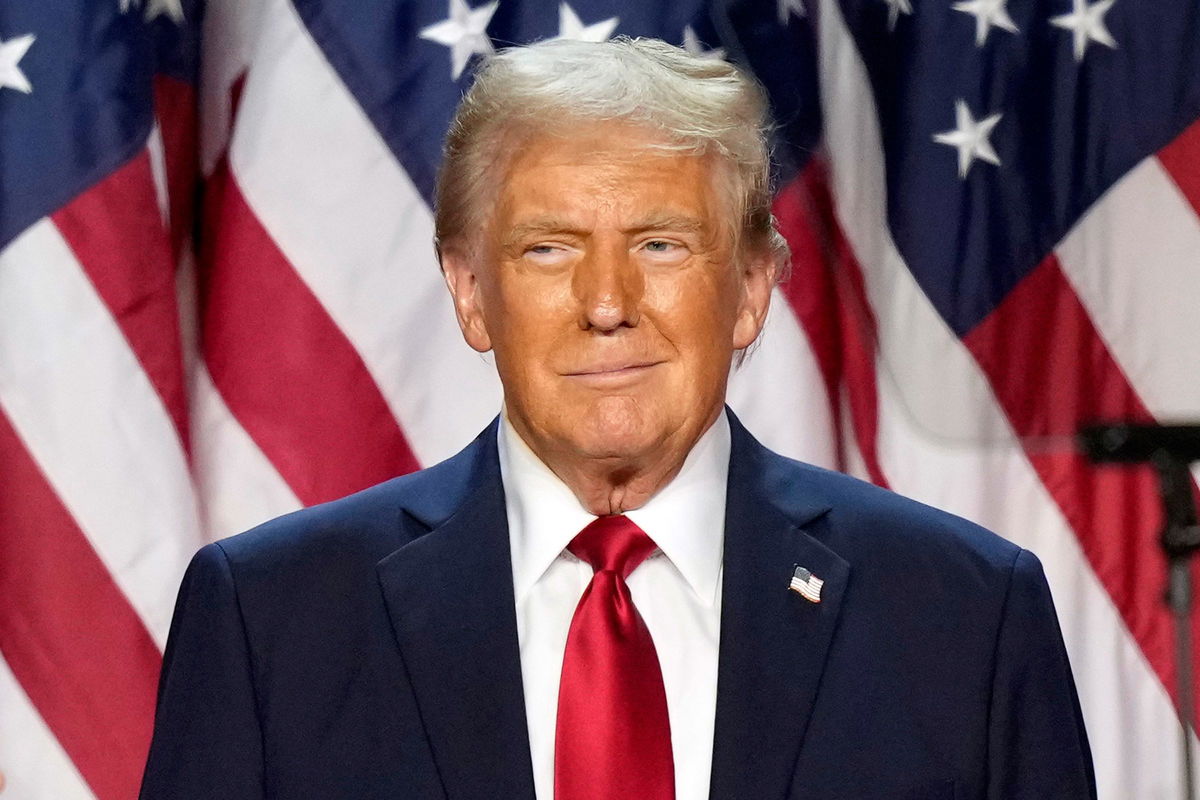
Mexico’s President Claudia Sheinbaum responded Tuesday, warning the president-elect that “neither threats nor tariffs will solve the issue of migration or drug consumption.”
“Imposing one tariff would mean another comes in response, continuing like this until we put shared companies at risk,” she said, reading from a letter addressed to Trump.
Canadian officials responded to the announcement in a statement posted to X on Monday night, saying that their country “places the highest priority on border security and the integrity of our shared border” and is “essential to US domestic energy supply.”
“We will of course continue to discuss these issues with the incoming administration,” Canada’s Deputy Prime Minister Chrystia Freeland and Public Safety Minister Dominic LeBlanc said in the statement.

Canadian Prime Minister Justin Trudeau called Trump shortly after his social media post, an official with the prime minister’s office said. The brief call was focused on border security and trade, a senior Canadian government source told CNN. They characterized the call as productive and said that Trudeau and Trump promised to stay in touch in the days to come.
Trudeau confirmed the call in Ottawa before arriving at a Cabinet meeting, saying, “This is a relationship that we know takes a certain amount of working on and that’s what we’ll do.”
“We obviously talked about laying out the facts, talking about how, how the intense and effective connections between our two countries flow back and forth,” Trudeau said. “We talked about some of the challenges that we can work on together and it was a good call. It’s something that we can do laying out the facts moving forward in constructive ways.”
A significant policy change

The punishing tariffs, if enacted, could wreak havoc on America’s supply chains and industries reliant on goods from the country’s closest trading partners.
“The measures proposed this evening could hit a number of strategic US industrial sectors hard, add approximately $272 billion a year to tax burdens, raise goods prices, lift interest rates, and sap strength in an already-vulnerable household sector,” said Karl Schamotta, chief market strategist at Corpay Cross-Border Solutions.
Immediately after the announcement, the Canadian dollar fell 1.2% against the US dollar, and the Mexican peso fell 2% against the dollar, but both recovered some of their losses Tuesday morning. China’s yuan, though controlled by the government, traded higher – above 7.6% – in offshore markets.
Although investors believed the tariffs could ultimately strengthen the dollar, America’s financial markets took a hit, too. The extraordinary tariffs would raise costs dramatically for Americans for everyday goods that had previously come over the border without any import taxes.
That stunning shift could stymie economic growth, especially if inflation-weary consumers spend less in the face of higher costs.
The Dow fell 50 points, or 0.1%, Tuesday. The broader S&P 500 and Nasdaq were slightly higher.
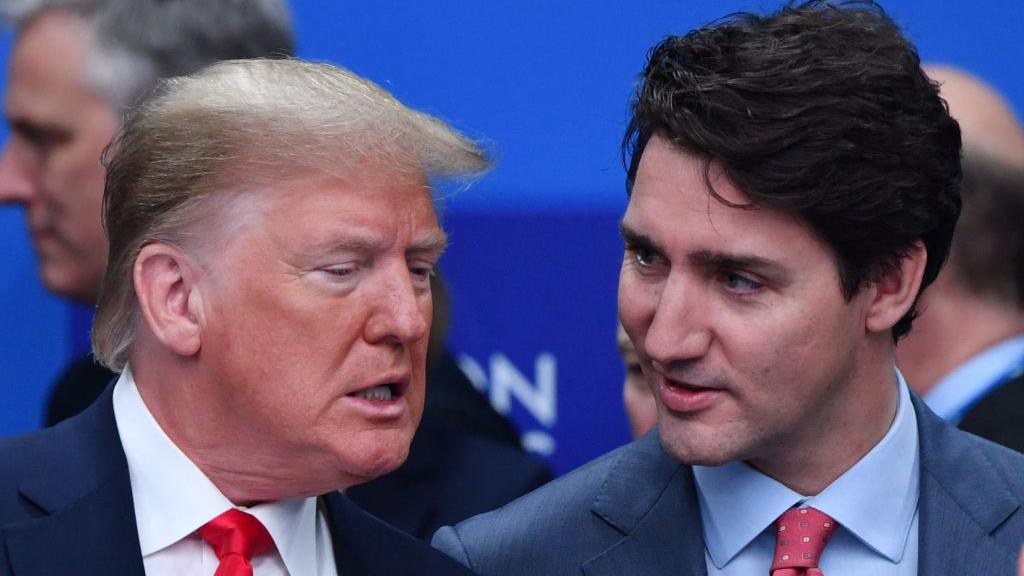
What America imports
The United States’ top import from Canada is oil, which reached a record 4.3 million barrels per day in July, according to the US Energy Information Administration. America also imports cars, machinery and other various commodities, plastics and wood from Canada, according to the United Nations’ Comtrade.
America imports the majority of its cars and car parts from Mexico, which surpassed China as the top exporter to the US in 2023, according to trade data released by the Commerce Department earlier this year. Mexico is also a major supplier of electronics, machinery, oil and optical apparatus, and a significant amount of furniture and alcohol comes from the country into the United States.

The United States imports a significant amount of electronics from China, in addition to machinery, toys, games, sports equipment, furniture and plastics.
During Trump’s first term, CNN reported that he implemented tariffs on about $380 billion worth of goods that applied to thousands of Chinese-made products, including baseball hats, luggage, bicycles, TVs and sneakers. The Trump tariffs also hit foreign steel, aluminum, washing machines and solar panels.
Many US imports from Canada and Mexico are exempted from tariffs because of the USMCA trade agreement between the three nations that Trump pushed for during his first administration. It’s not clear how Trump would plan to implement the proposed tariffs without violating the USMCA.
Trump has routinely referenced the passage of the USMCA, which replaced NAFTA, as a political victory and a highlight of his presidency.
Trump’s tariff plan
Trump campaigned on using tariffs as a cudgel against foreign countries – as he did in his first administration – to grow domestic manufacturing while increasing tax revenue to pay for large revenue gaps that his proposed tax cut plan would create.
Tariffs effectively serve as a tax on goods imported to the United States. Although Trump has repeatedly said targeted foreign countries pay the tariffs, they are in fact paid by companies that purchase the imported goods – and those costs are typically passed onto American consumers. Most mainstream economists believe tariffs will be inflationary, and the Peterson Institute for International Economics has estimated Trump’s proposed tariffs (before the new tariffs announced Monday night) would cost the typical US household over $2,600 a year.
Scott Bessent, Trump’s pick for Treasury secretary, has said that tariffs would not add to inflation if they are implemented correctly. Wall Street cheered Bessent’s appointment, because he is widely expected to roll out tariffs gradually.

Although Bessent, if confirmed by the Senate, will be partly responsible for implementing the tariffs, in coordination with the Commerce secretary and US Trade Representative, Trump as president would wield significant power to levy tariffs with the stroke of a pen. He did just that when he was last in the White House, placing large tariffs on goods, primarily from China.
The problem with tariffs is that they often result in retaliatory actions by targeted countries, kicking off a trade war – and that’s exactly what happened during Trump’s first term. That blunted the tariffs’ effect on domestic manufacturing, because manufacturers’ goods became less attractive to overseas buyers.
Trump has promised significantly larger tariffs during his second term. Although he continues to discuss many different numbers, he has proposed a tariff upward of 60% on all Chinese goods, as well as an across-the-board tariff of either 10% or 20% on all other imports into the US.

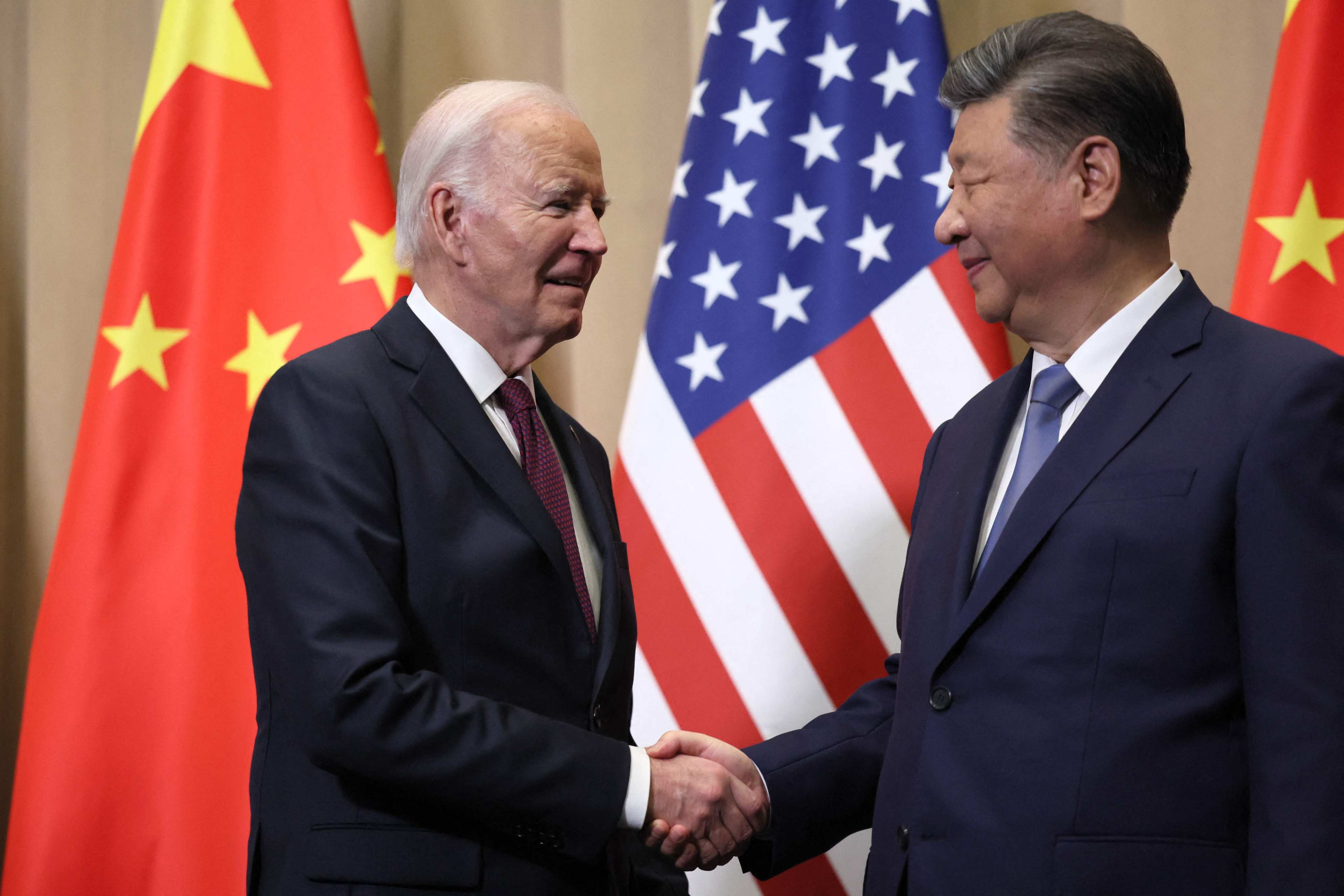



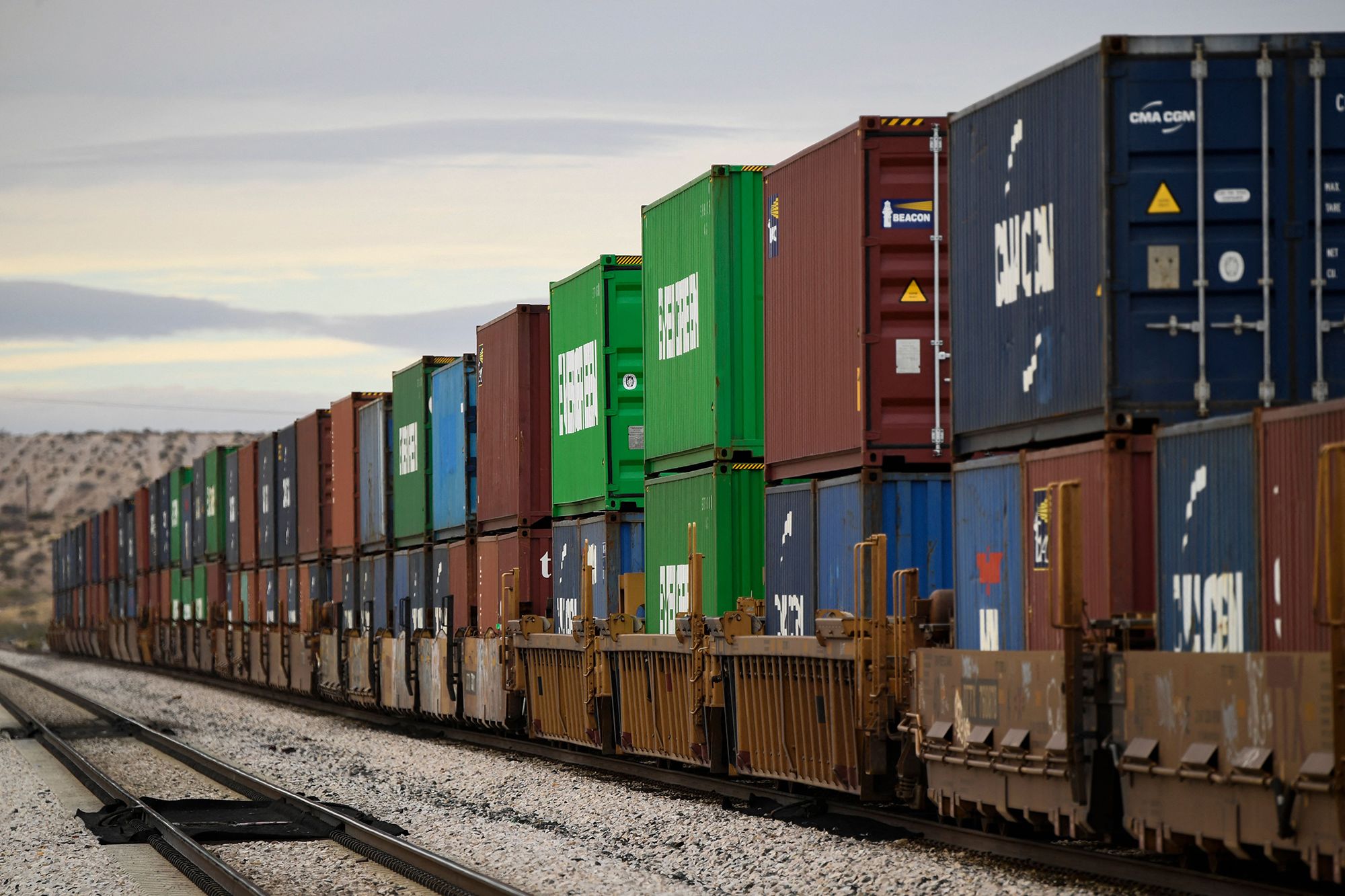

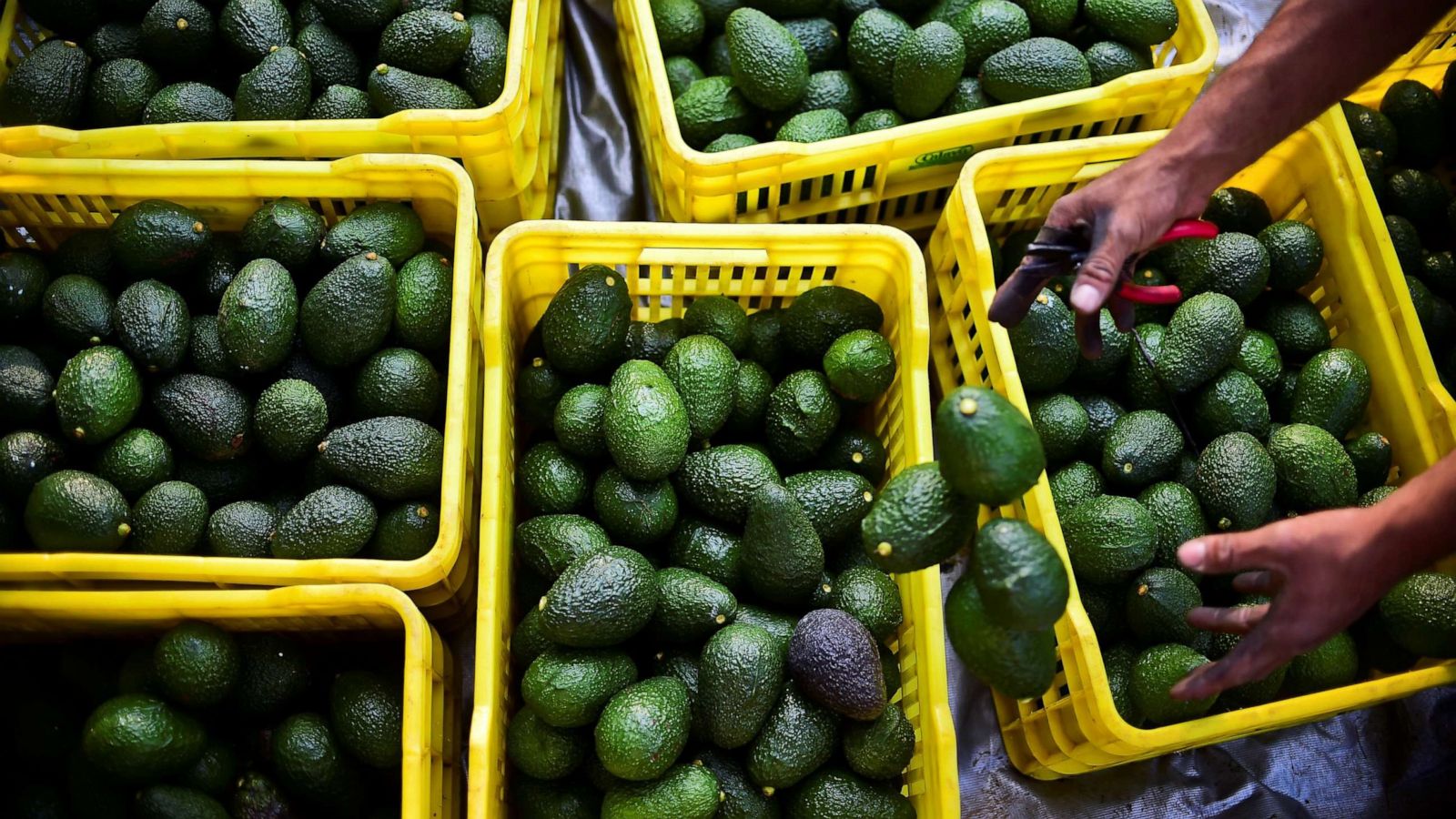
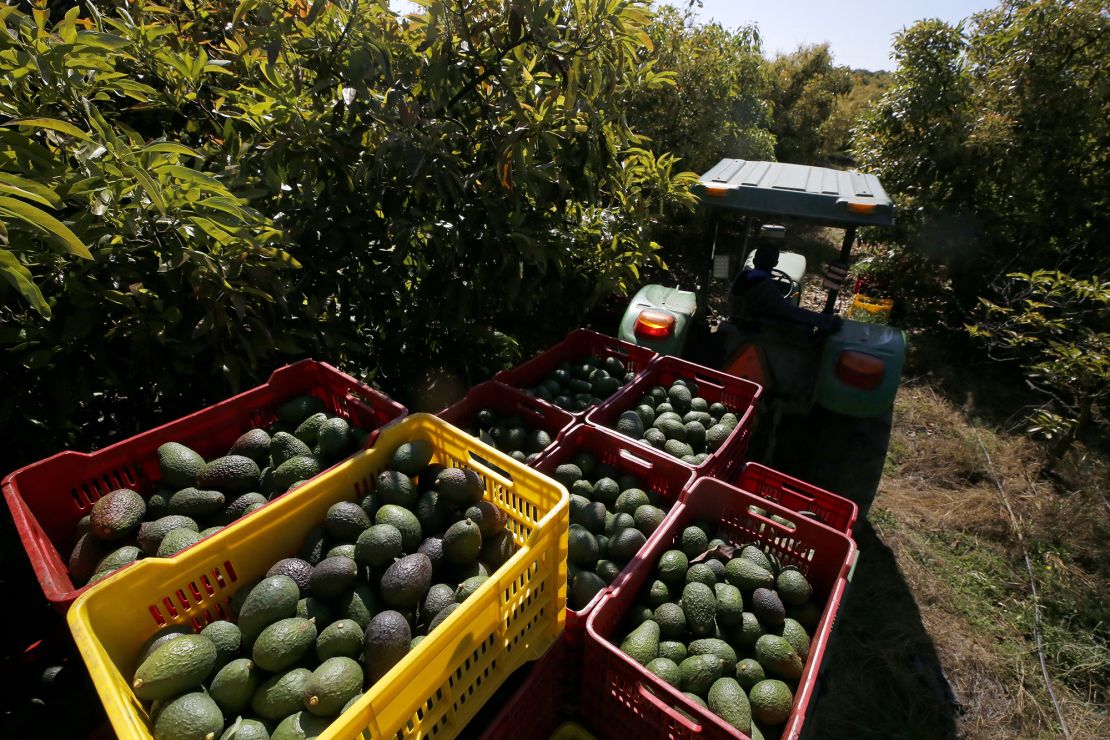
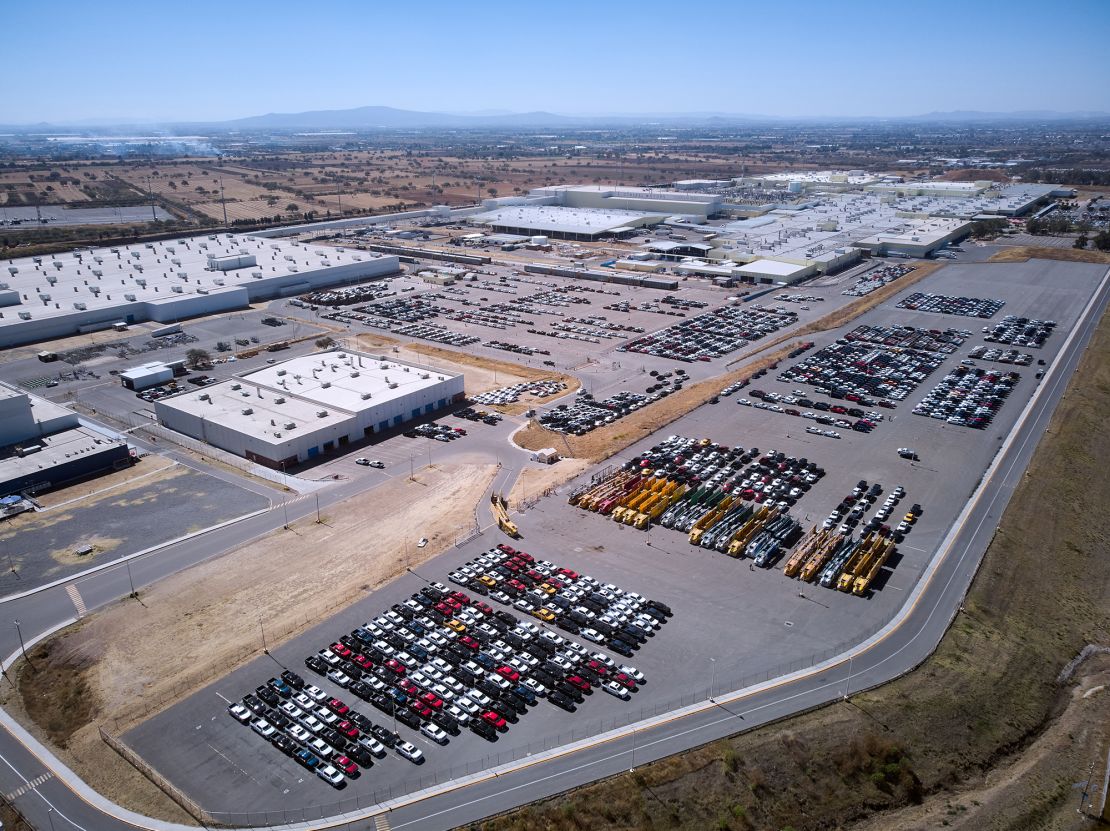



:max_bytes(150000):strip_icc():focal(736x317:738x319)/maria-corina-machado-donald-trump-101025-ae6e5dd9fc324ce1bdcca7134e2fe0b9.jpg?w=1200&resize=1200,0&ssl=1)














:max_bytes(150000):strip_icc():focal(749x0:751x2):format(webp)/13lb-baby-980-091125-64835e09c7284005a461597693de029b.jpg?w=1200&resize=1200,0&ssl=1)
















:max_bytes(150000):strip_icc():focal(999x0:1001x2)/catherine-ohara-013026-7-4b5b413a646d4f15a1fd15ac8b933811.jpg?w=1200&resize=1200,0&ssl=1)







